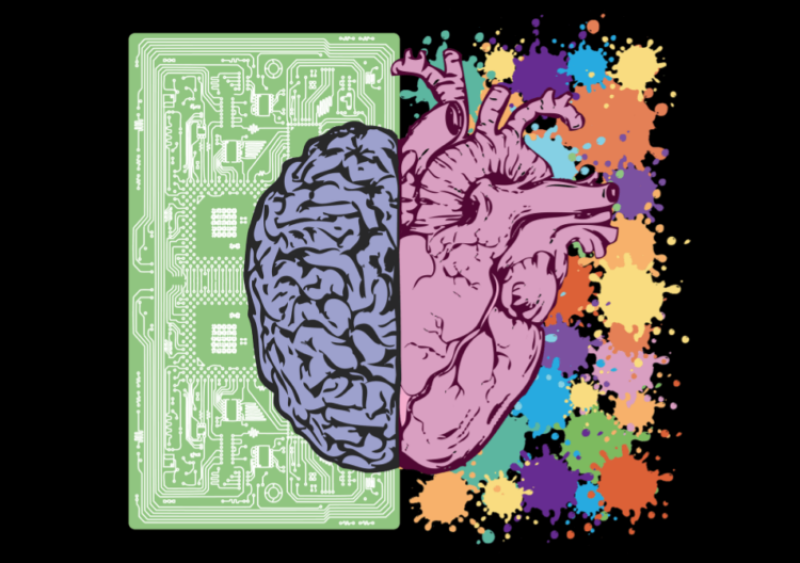In the past six years, the number of studies testing the therapeutic effects of a class of techniques called transcranial electrical stimulation has skyrocketed. These therapies deliver a painless, weak electrical current to the brain through electrodes placed externally on the scalp. The goal is to excite, disrupt or synchronize signals in the brain to improve function.
The authors of the new analysis, led by Robert Reinhart, director of the cognitive and clinical neuroscience laboratory at Boston University in Massachusetts, say they compiled the report to quantify whether tACS shows promise, by comparing more than 100 studies of the technique, which applies an oscillating current to the brain.
…
Their meta-analysis, published on 24 May in Science Translational Medicine, concluded that tACS treatment brings about moderate improvements in attention, long-term memory, working memory, the ability to process new information and solve problems, and other high-level cognitive processes.































